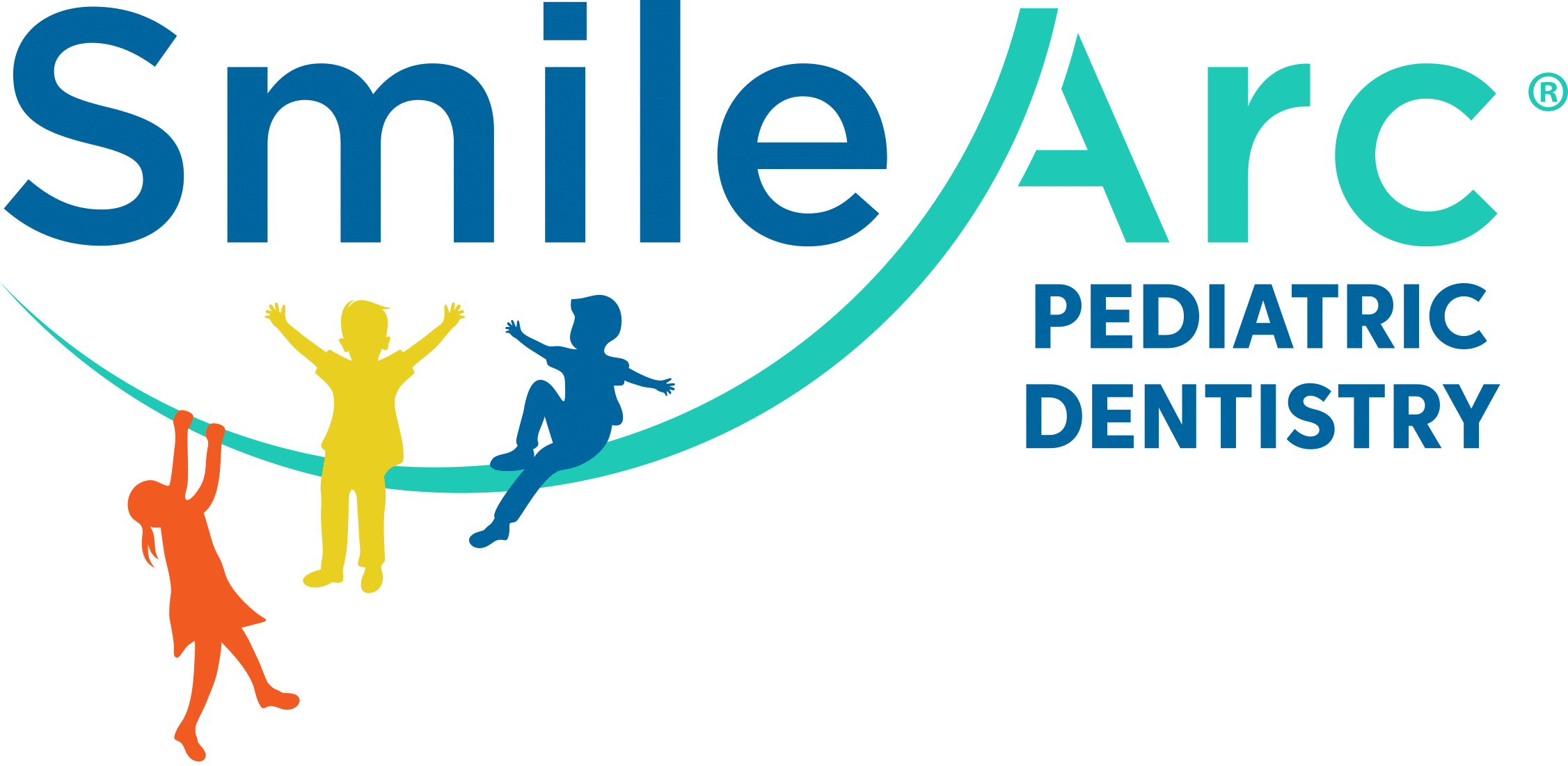What is Laser Dentistry?
Laser dentistry utilizes the acronym LASER, representing light amplification by stimulated emission of radiation, where focused light energy is employed for dental procedures. In contrast to conventional tools, an increasing number of dentists are opting for diverse laser systems to address dental issues.
Since the late 1980s, laser dentistry has undergone significant advancements, catering to a broad spectrum of patients and dental ailments. Not only is laser dentistry more cost-effective, but it also offers enhanced efficiency and patient comfort. Particularly advantageous in pediatric dentistry, laser treatments ensure swift and comfortable dental care for children.
Laser Dentistry Procedure
The procedure of laser dentistry encompasses two main categories: hard tissue and soft tissue procedures, each tailored to address specific dental conditions. Solea laser dentistry stands out for its versatility in treating both types of procedures effectively.
Hard tissue procedures primarily target dental issues related to the tooth structure. In these procedures, lasers are adept at detecting tooth decay and eliminating bacteria within cavities.
Soft tissue procedures, on the other hand, focus on addressing gum-related concerns. Laser technology enables precise reshaping of gums, removal of excess skin tissue folds, and various other interventions to enhance gum health and aesthetics.
What Can Laser Dentistry Fix?
- Tooth decay
- Hypersensitivity
- Teeth whitening
- Gum disease
- Cavity fillings
- Crown lengthening
- Treating “gummy” smile
- Removing soft tissue folds
- Treating tongue frenulum attachment
- Removing benign tumors
- TMJ treatment
- Obstructive sleep apnea
- Removing cold sores
- Nerve regeneration
Every dentist has different conditions they will use for lasers. Always discuss your treatment options with your dentist.
Benefits of Laser Dentistry
Patients, particularly children and young adults, can expect reduced discomfort and shorter dental visits, among other benefits. Here are several advantages they may experience:
Versatility: Dental lasers are increasingly versatile, capable of addressing a wide array of conditions. Whether your child requires a specific procedure, their pediatric dentist may offer laser dentistry as an alternative to traditional treatments. Moreover, different types of lasers cater to various dental needs, with some designed to precisely target infected areas while preserving healthy teeth and gums.
Quicker Healing Times: After undergoing a filling or intensive cleaning, nobody enjoys lingering discomfort. Fortunately, with laser dentistry, your child will feel restored in no time after leaving the dentist’s chair. By minimizing swelling and bleeding, lasers facilitate faster recovery, making routine dental visits much more manageable.
Minimally Invasive: Is your child facing the prospect of dental surgery? Laser dental procedures provide a minimally invasive option. If the idea of traditional surgery is daunting for your child, opting for laser treatment can alleviate their anxiety. With reduced pain and potentially no need for anesthesia, laser dentistry offers a gentler alternative.
Additional Benefits: Your child may also enjoy several other advantages, including:
- Decreased requirement for sutures
- Lower risk of bacterial infections
- Reduced damage to surrounding tissues
- Accelerated tissue regeneration
During your next visit to the pediatric dental office, engage in a conversation with your dentist to explore whether your child is a suitable candidate for laser dentistry.

